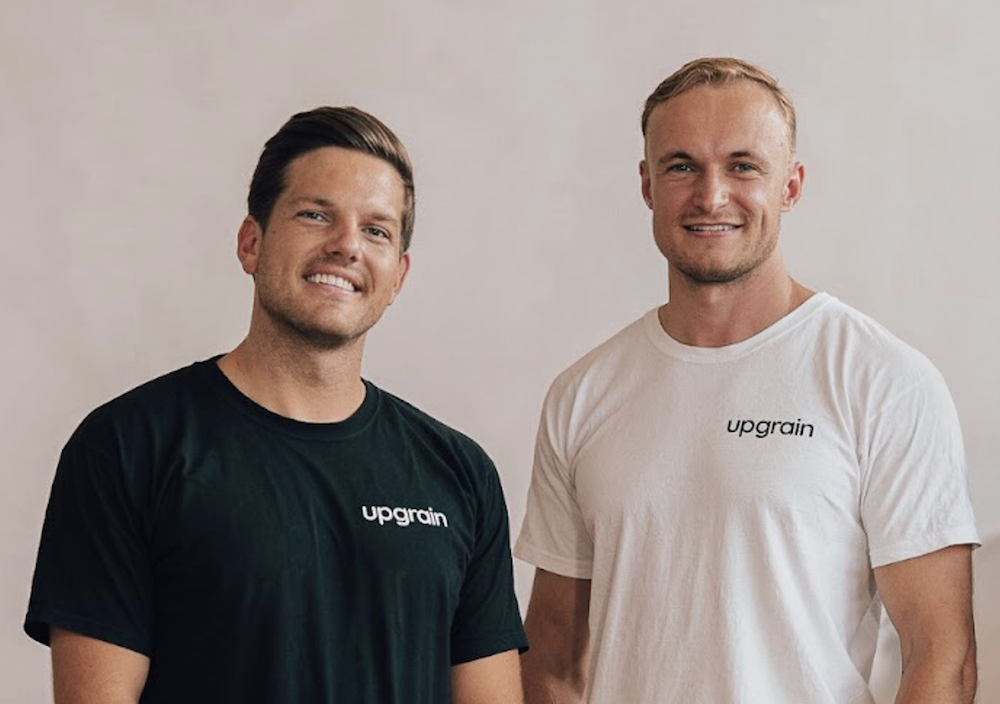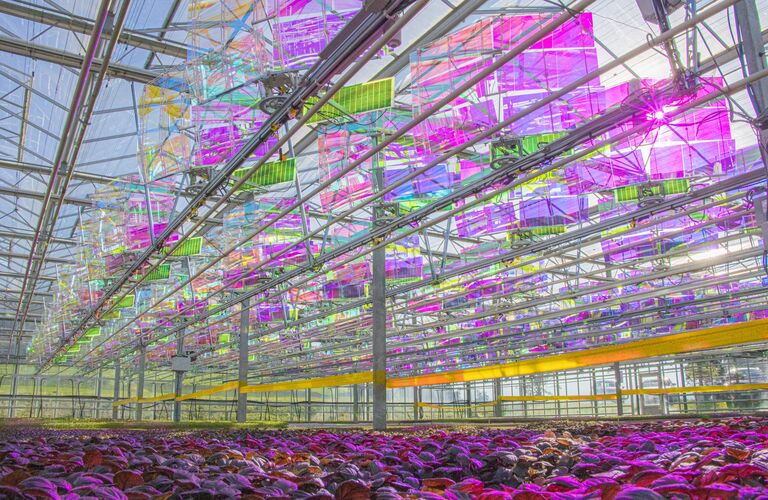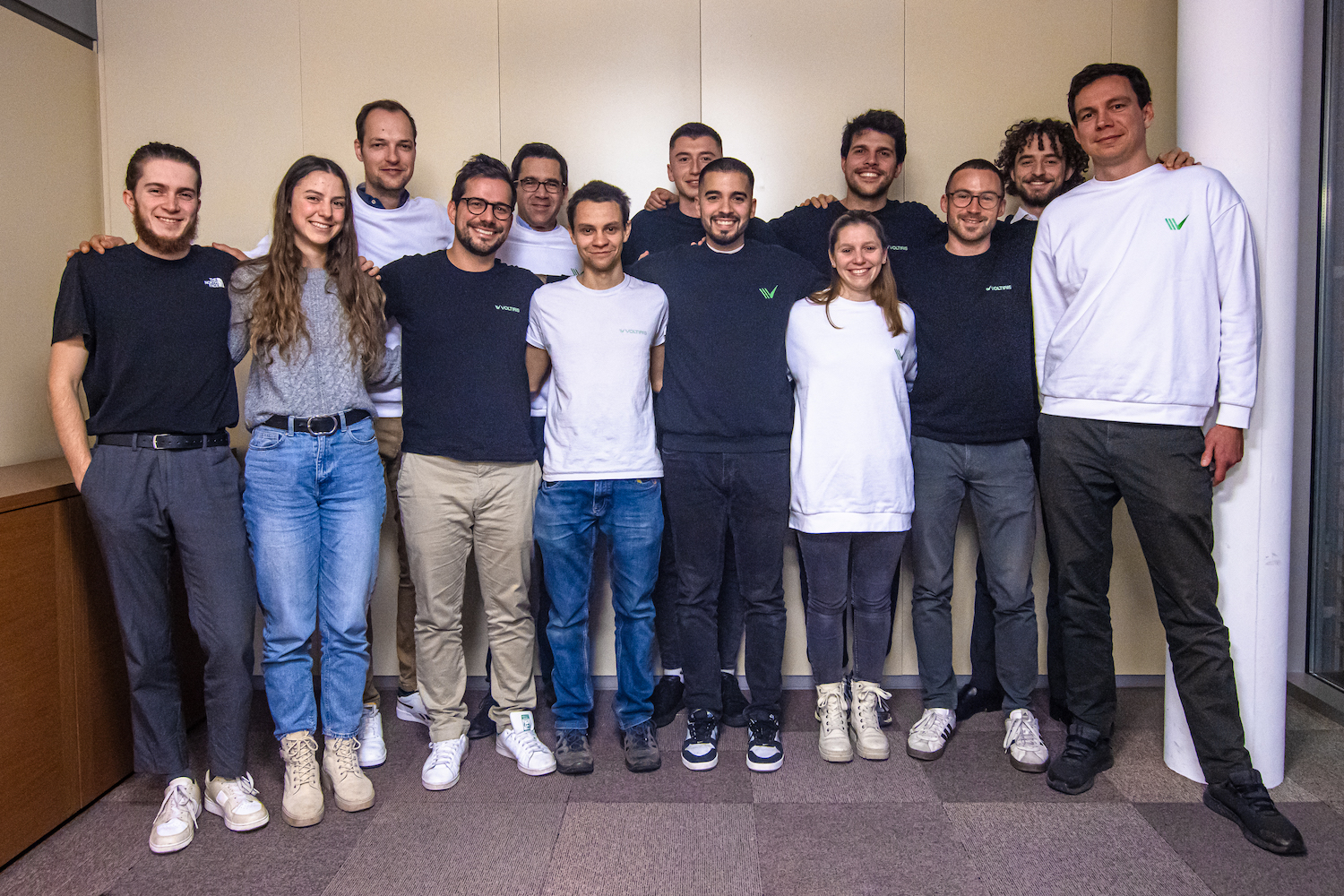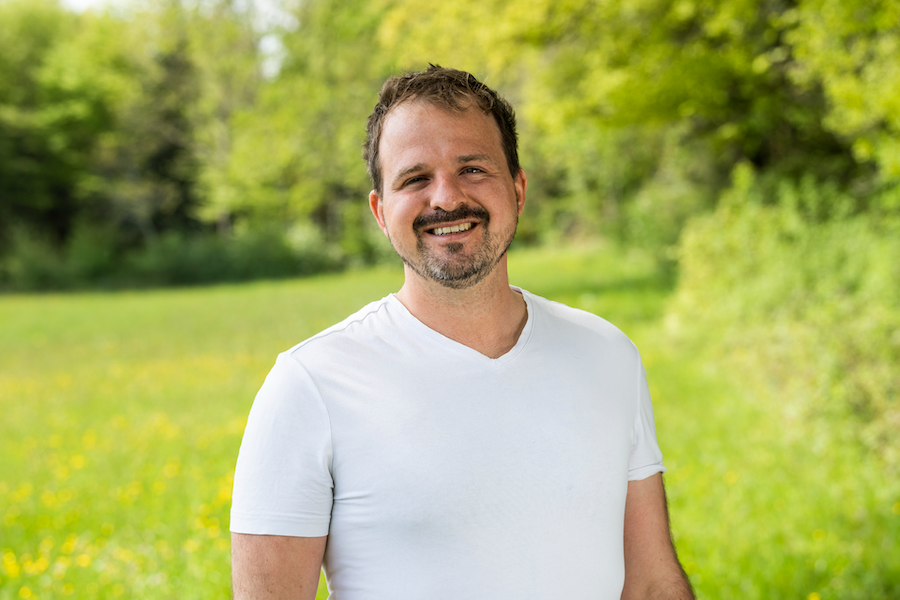Bühler Group’s new OptiBake oven...
Will the future of farming be soil-free?
Will the future of farming be soil-free?
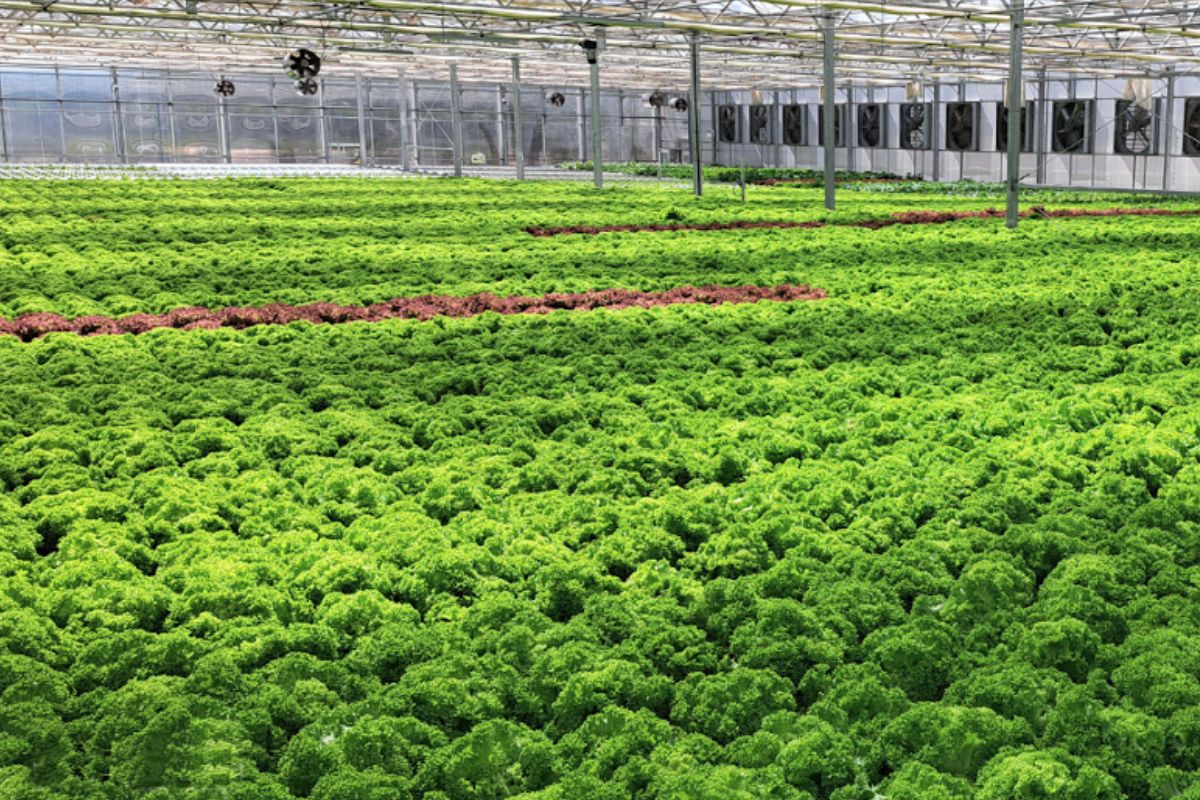
In the lead-up to our next Impact Forum on Controlled Environment Agriculture on 11 March, Bruno Cheval from cultivation technology specialists CleanGreens Solutions SA gave us a flavour of what’ll be on the menu during the event – from the way technology is accelerating change, to the challenges of greenhouse farming, and the transformative potential of AEROponics.
How can we optimising greenhouse farming?
Any outdoor environment is by its very nature highly unpredictable, with weather conditions fluctuating between rain, snow, heat, and cold, while pests and crop diseases remain a constant challenge. Since the invention of greenhouses, year-round cultivation has been possible, enabling multiple growth cycles and significantly increasing yield per square meter. Greenhouses offer a controlled environment where climate, pests, and diseases can be managed more effectively. Plants grow faster and more reliably under stable conditions as they don’t need to adapt to shifting weather.
However, simply growing crops under cover and regulating the climate isn’t enough. Traditional soil-based greenhouse farming can present several challenges – for example, water and fertilisers can leak into the ground and soil compaction requires ploughing for oxygenation. Addressing these issues is key to optimising the efficiency of indoor farming, thus ensuring yields and crop quality.
Can technology solve these problems?
We believe that the answer is yes! The controlled environment greenhouses help maximise growth cycles, minimize pests and diseases, and significantly reduce the need for pesticide use. Advanced irrigation systems, like CleanGreens’ closed-loop technology, cut water and fertiliser waste by delivering nutrients directly to crops. AEROponic systems further enhance plant health by optimising oxygenation without soil, while soilless cultivation ensures cleaner harvests, streamlining inspection and processing.
Do these solutions work for all types of crop?
Technically, yes. We live in a dynamic era where the technology is developing rapidly, making it possible to grow more and more crops in soilless systems. However, economic factors do present challenges. Some plants, like trees, require large spaces, while crops like wheat, rice, and potatoes thrive best in vast open fields. Scaling AEROponics for these types of plants is not economically viable – at least not yet.
Hydroponics and aeroponics – what’s the difference?
Hydroponics and AEROponics are both soilless farming methods, each with their own strengths. Hydroponics immerses roots in a water-fertiliser mix, making it ideal for water-loving crops such as rice, while AEROponics keeps roots in the air, misting them to maintain humidity – better suited for plants that thrive in drier conditions. AEROponics also allows homogeneity, and fewer phytosanitary risks. If one plant gets infected, this doesn’t infect the others because roots are separated.
Hydroponic systems are cheaper to set up but have higher operating costs, whereas aeroponic systems tend to be more efficient in water and fertiliser use. The best choice depends on crop needs and ongoing cost considerations.
Tell us a bit about CleanGreens’ solution.
Greenova is an advanced AEROponics system designed for greenhouses. It allows plant roots to grow in the air while being misted with a nutrient solution that is collected and recirculated to prevent waste. This system naturally provides roots with sufficient oxygen and allows for the growth of larger crops.
We’ve already successfully completed three large installations – two in France and one in Kuwait – as well as two projects in Switzerland and another is currently under construction in Germany. I look forward to sharing more about these projects as well as what we’ve learnt along the way in the next SFNV Impact Forum!
Join Bruno Cheval and our two other expert speakers at our next Impact Forum on Controlled Environment Agriculture on 11 March.
Latest News
Bühler launches OptiBake, the world’s first inductively heated wafer oven
House of Lab Science launches food and biotech hub in the Valley
House of Lab Science has launched its...
Impact Digest | Nutrition & Longevity: Striving for longer, healthier lives
As the global population ages, the...
Valley partner CleanGreens Solutions and GreenLife partner on building world’s largest aeroponic greenhouse
Valley partner CleanGreens Solutions...




